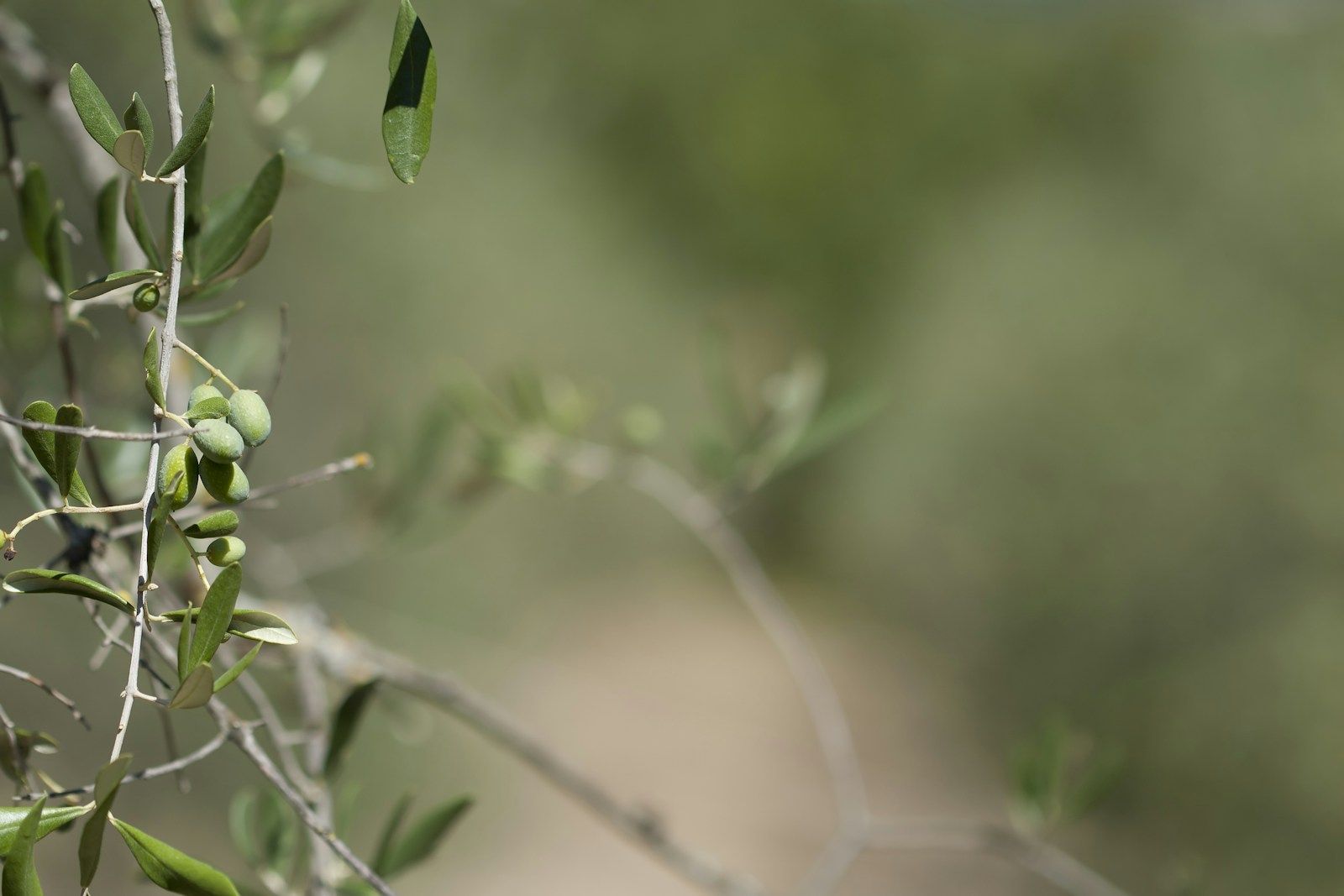
planta silvestre

wild plant
The Spanish phrase 'planta silvestre' translates to 'wild plant' in English. It refers to a plant that has not been altered by humans, rather it occurs naturally in habitats that have not been significantly modified by mankind. This can refer to a wide variety of plant species, and can be used to refer to plants in the wild, in forests, in deserts, or any natural environment. 'Planta Silvestre' honors the beauty and uncontrolled spirit of nature's vegetation.
Example sentences using: planta silvestre
La planta silvestre crece en el bosque sin ayuda.

The wild plant grows in the forest without help.
This sentence expresses that the wild plant grows self-sufficiently in the forest, without the need of human intervention.
En el jardín de mi abuela, encontré una planta silvestre.

In my grandmother's garden, I found a wild plant.
The sentence talks about someone coming across a wild plant in their grandmother's garden.
Es interesante estudiar la vida de una planta silvestre.

Studying the life of a wild plant is interesting.
The sentence suggests it is fascinating to learn about the lifecycle of a wild plant.
Una planta silvestre puede sobrevivir en condiciones difíciles.

A wild plant can survive under difficult conditions.
This sentence states that wild plants are able to endure harsh circumstances.
Al observar la planta silvestre, aprendí mucho sobre la botánica.

By observing the wild plant, I learned a lot about botany.
This sentence represents a personal experience of learning about botany through the observation of a wild plant.
Una planta silvestre puede ser visualmente atractiva para los artistas.

A wild plant can be visually attractive to artists.
The statement illustrates how artists may find inspiration from the visual appeal of a wild plant.
Me regalaron una planta silvestre para mi cumpleaños.

I was given a wild plant for my birthday.
This sentence tells about someone receiving a wild plant as a birthday gift.
El otoño cambia el color de la planta silvestre.

Autumn changes the color of the wild plant.
This sentence discusses how the change of seasons, specifically the fall, alters the color of a wild plant.
Una planta silvestre puede tener un alto valor nutritivo.

A wild plant can have a high nutritional value.
The sentence talks about the potential nutritional importance of wild plants.
Cómo transformar una planta silvestre en medicina es un antiguo conocimiento.

How to transform a wild plant into medicine is ancient knowledge.
This statement is about using wild plants for medicinal purposes, which is regarded as old wisdom.